BAGUIO CITY, August 5, 2021 – Department of Agriculture (DA) – Special Area for Agricultural Development (SAAD) Deputy Director Ulysses Lustria, Jr. discussed the program’s possible exemption from the Mandanas ruling as well as its extension for another 6 years to implementers and beneficiaries of the Cordillera Administrative Region during his visit on July 29-30.
Exemption from the Mandanas Ruling
In the launching of Farmers Livestock School on Swine Repopulation and formal turnover of SAAD interventions in Mountain Province, Mr. Lustria, Jr. said SAAD may be exempted from the ruling as it is a government’s social protection program.
He added, “SAAD is an equalizer. It supports the redistributive role of the national government agencies as it redistributes allocation to reach the poor or indigent SAAD beneficiaries making SAAD unique from other programs because it is biased for the indigents or the poor.”
SAAD is a locally-funded program of the DA, intended to help alleviate poverty in the provinces of Apayao, Kalinga, and Mountain Province identified as belonging to the most marginalized by the Philippine Statistics Authority (PSA).
In hindsight, the program engages or strengthens the capacity of identified beneficiaries toward agriculture and fishery productions through interventions, as a redistribution strategy of the government to target the marginalized sectors typically unreached by other state banner and subsidy programs.
The Mandanas ruling, if implemented, will allocate a budget for the targeted beneficiaries that will transition the program’s operations in certain provinces to their respective local government units (LGU).
A July 8, 2021 Manila Times article by Dr. Fermin Adriano explained that “the Mandanas ruling is a 2018 Philippine Supreme Court decision asserting that the bases of the computation of the internal revenue allotment (IRA) for LGUs erroneous, thus denying LGUs a just share of the IRA”. The IRA is computed based on gross national internal taxes of the third fiscal year prior to the current fiscal year.
SAAD’s Extension
Mr. Lustria explained that the SAAD may be extended if it could show evidence of contributing to the increase in income and productivity of its beneficiaries. SAAD already has many success stories to show but it needs to provide empirical evidence. “Many Congressmen support the SAAD’s extension, which includes expansion to other provinces, but we have to show quantifiable evidence that it is helping the poor farmers and fishermen,” he said.
For this, the SAAD has an ongoing midterm assessment by a third party. The results of the study shall be provided to Congress once these are available.
The House Committee on Rural Development has made two House Resolutions (HR). The HR 1421 and HR 1454 were crafted aimed at extending the program’s implementation for another 6 years (2023-2028) and provide the chance to expand the program’s criteria to help more farming and fishing communities. ###
Writer:
Jonathan Llanes, DA-SAAD CAR Information Officer
Jessamae Gabon, DA-SAAD NPMO Information Officer
Contributor:
Ulysses G. Lustria Jr., DA-SAAD Program National Deputy Director

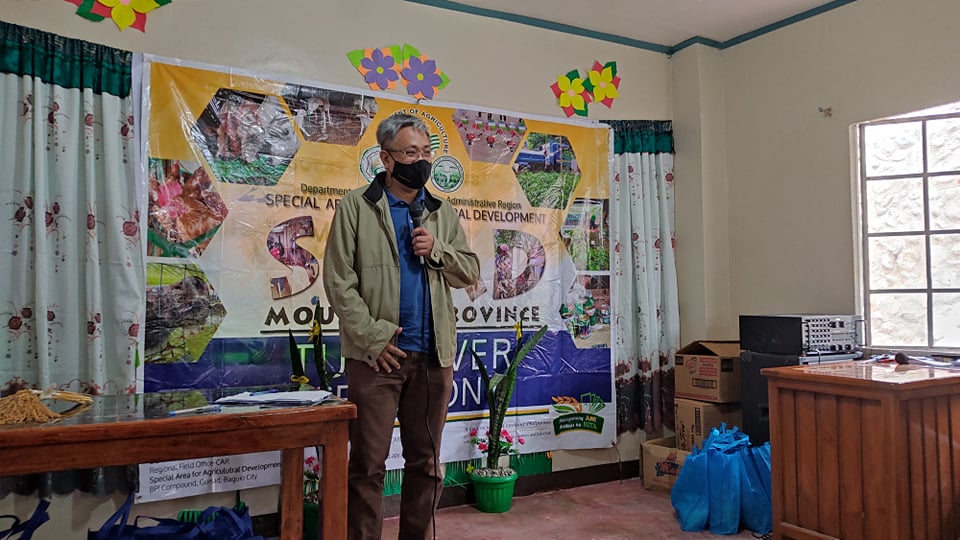
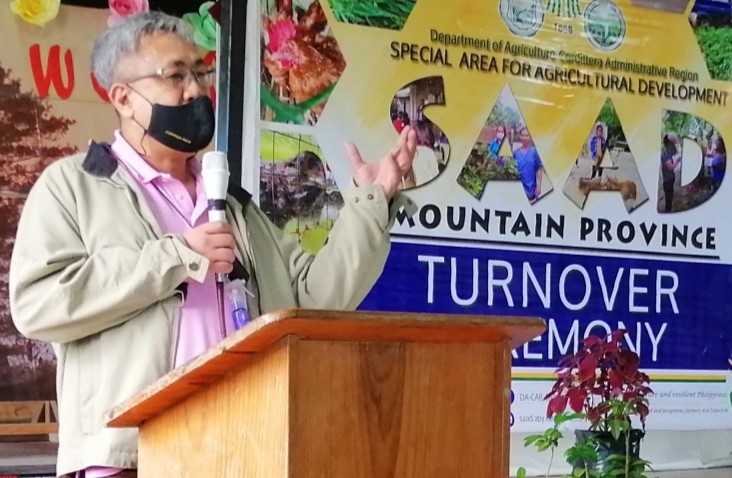
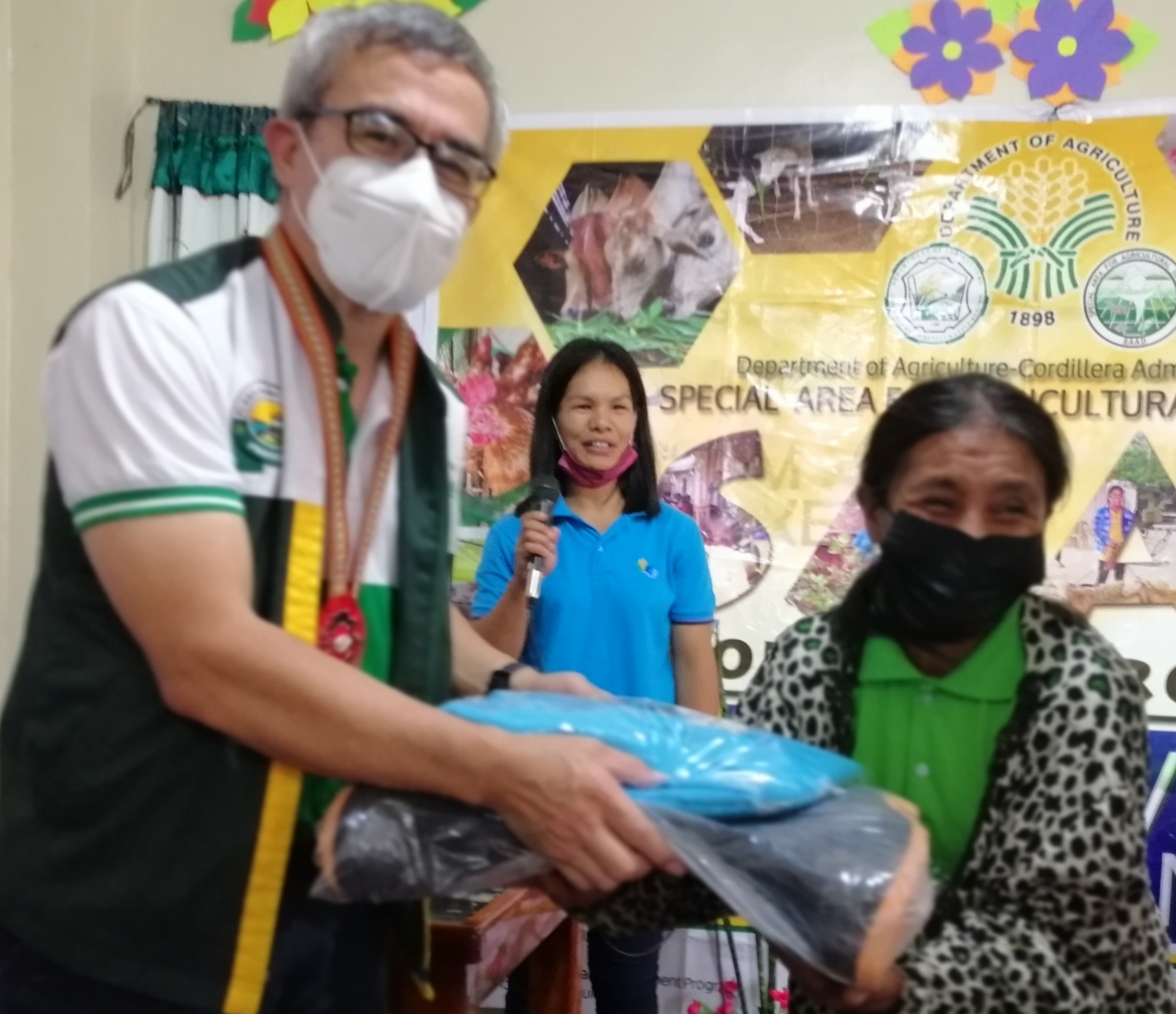

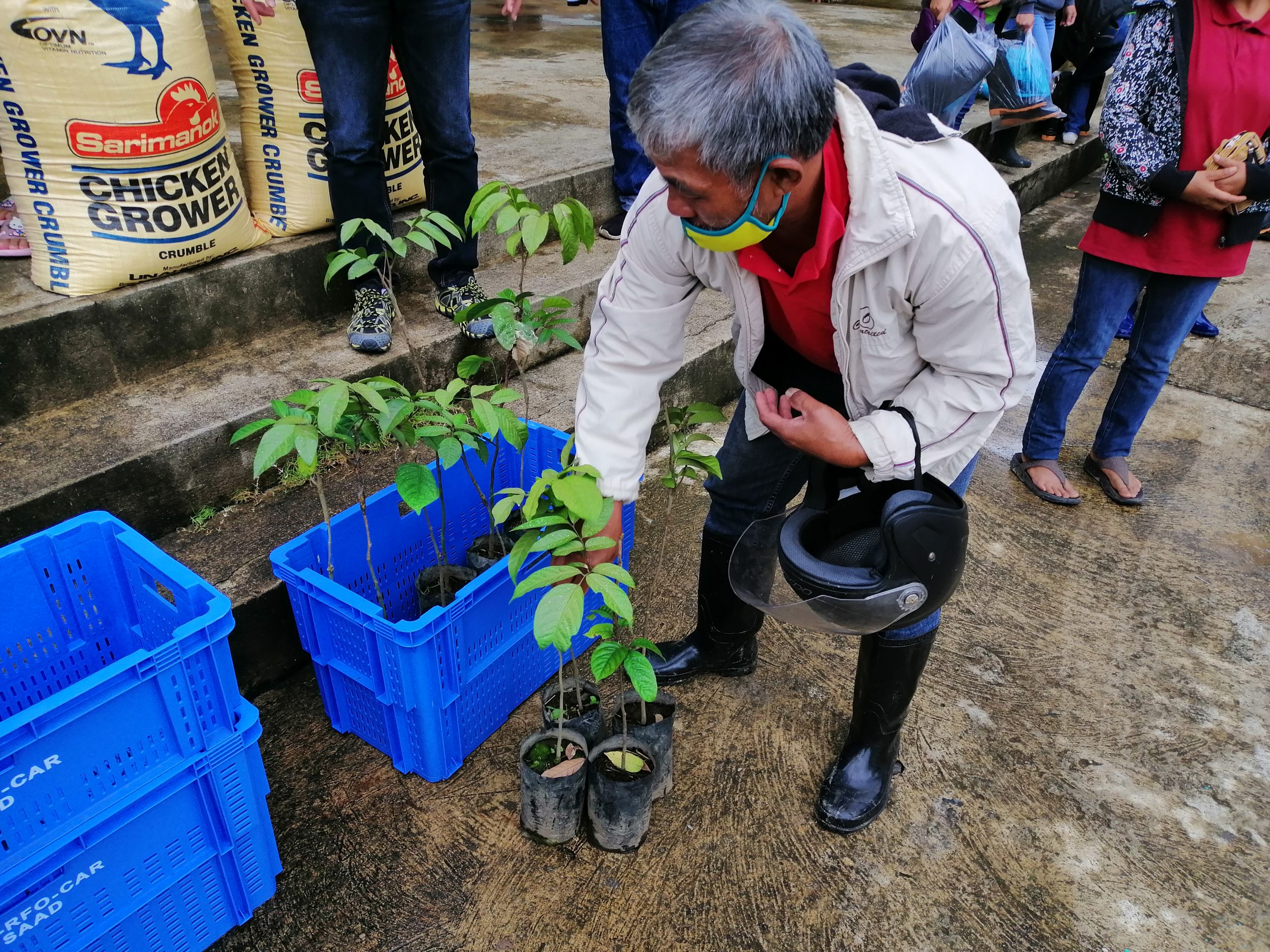
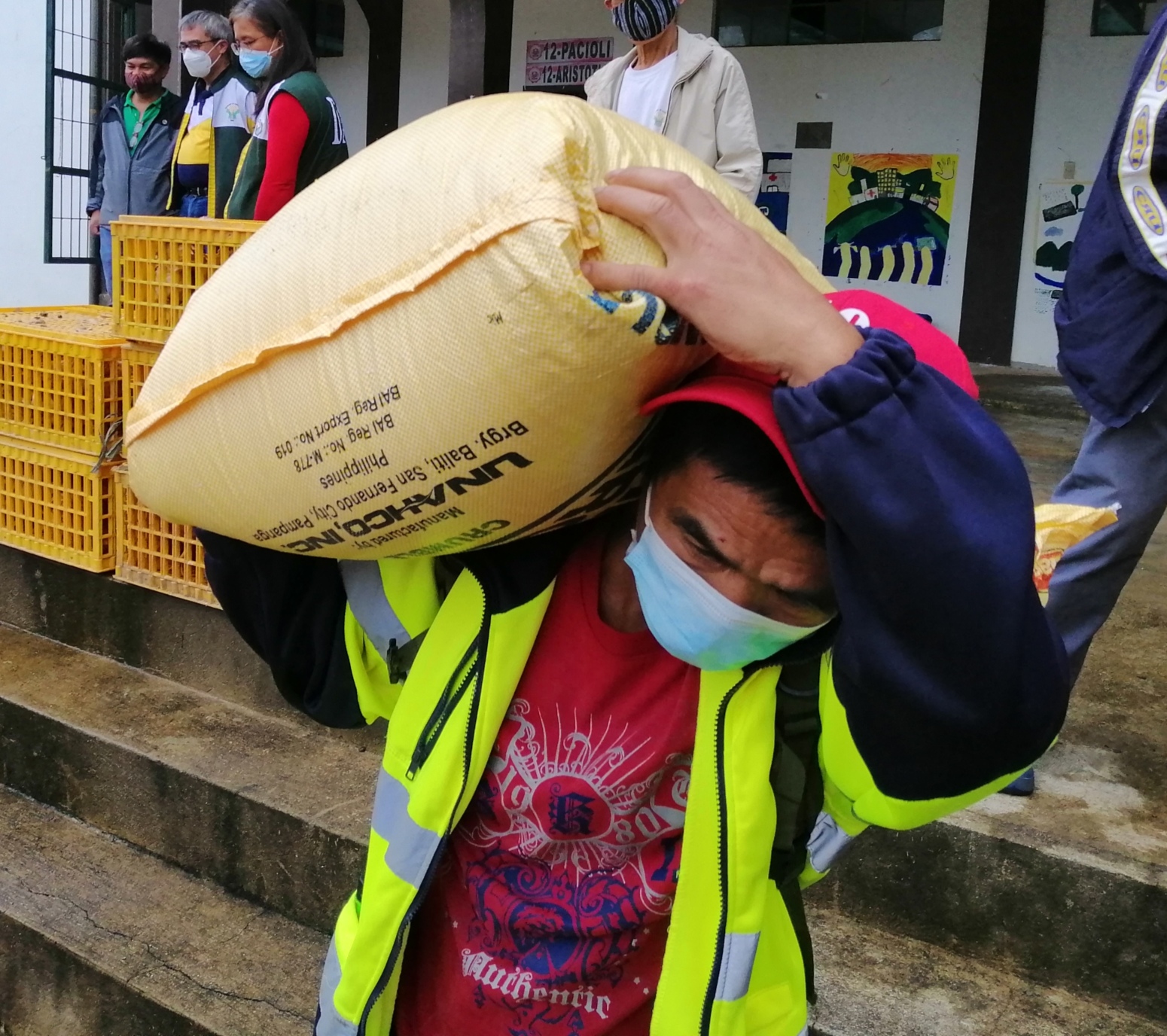
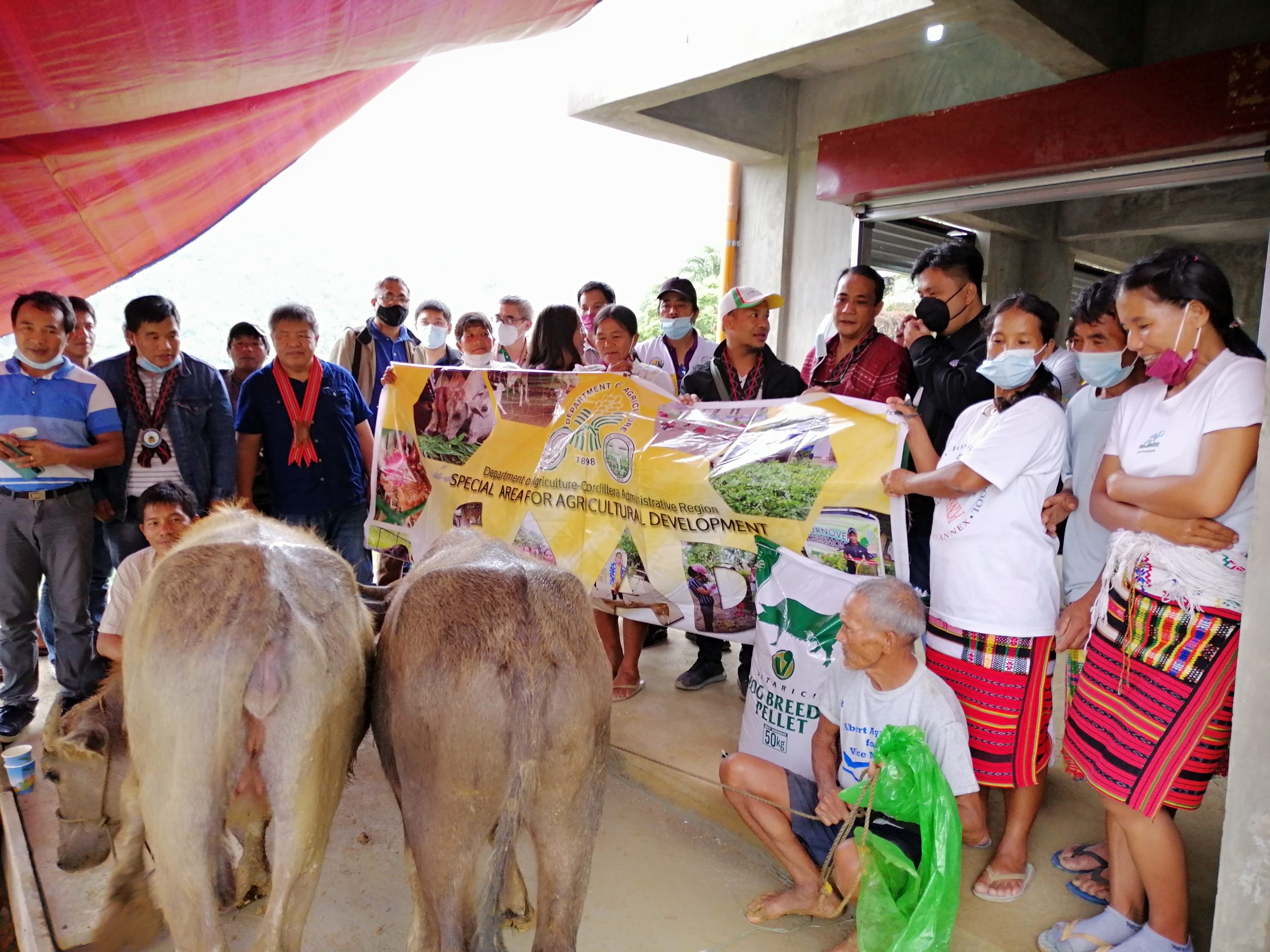


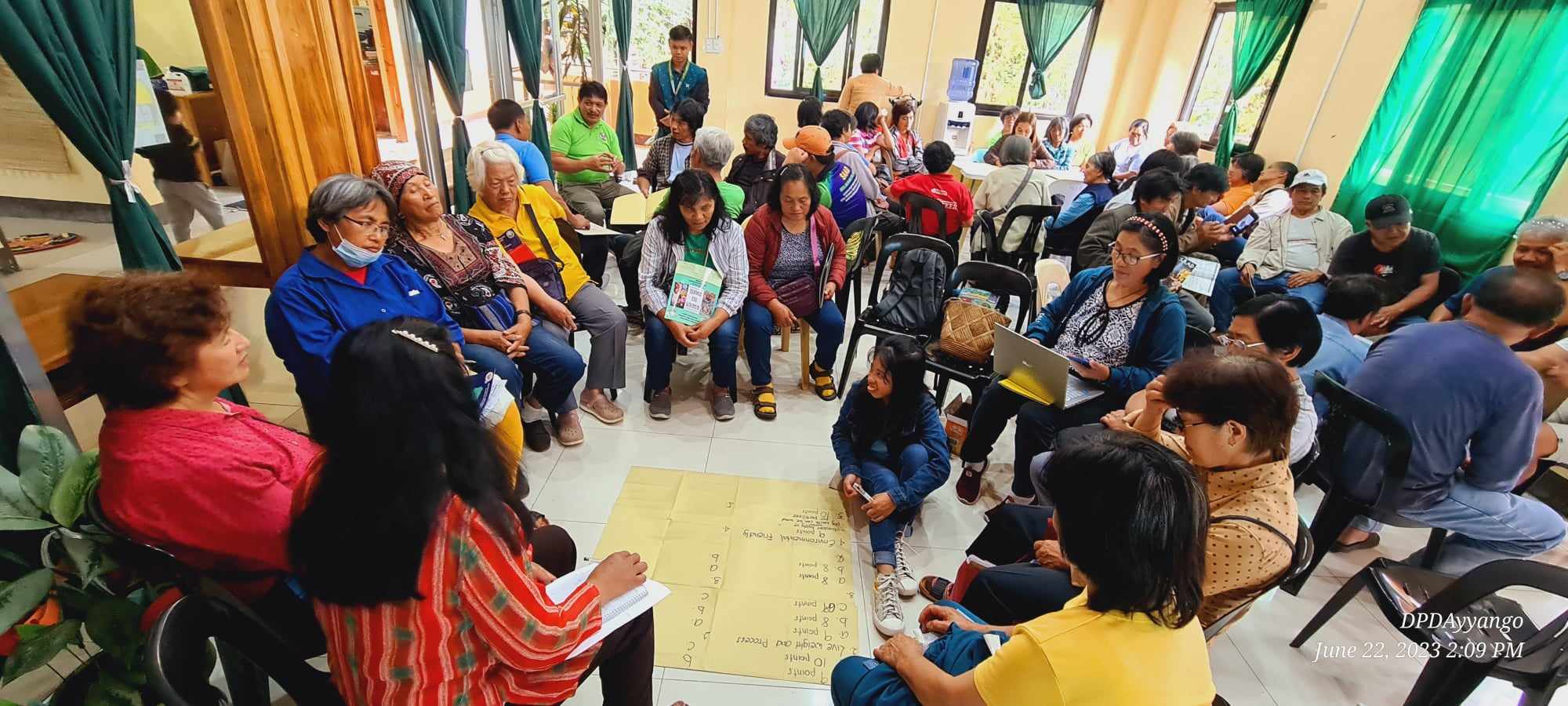
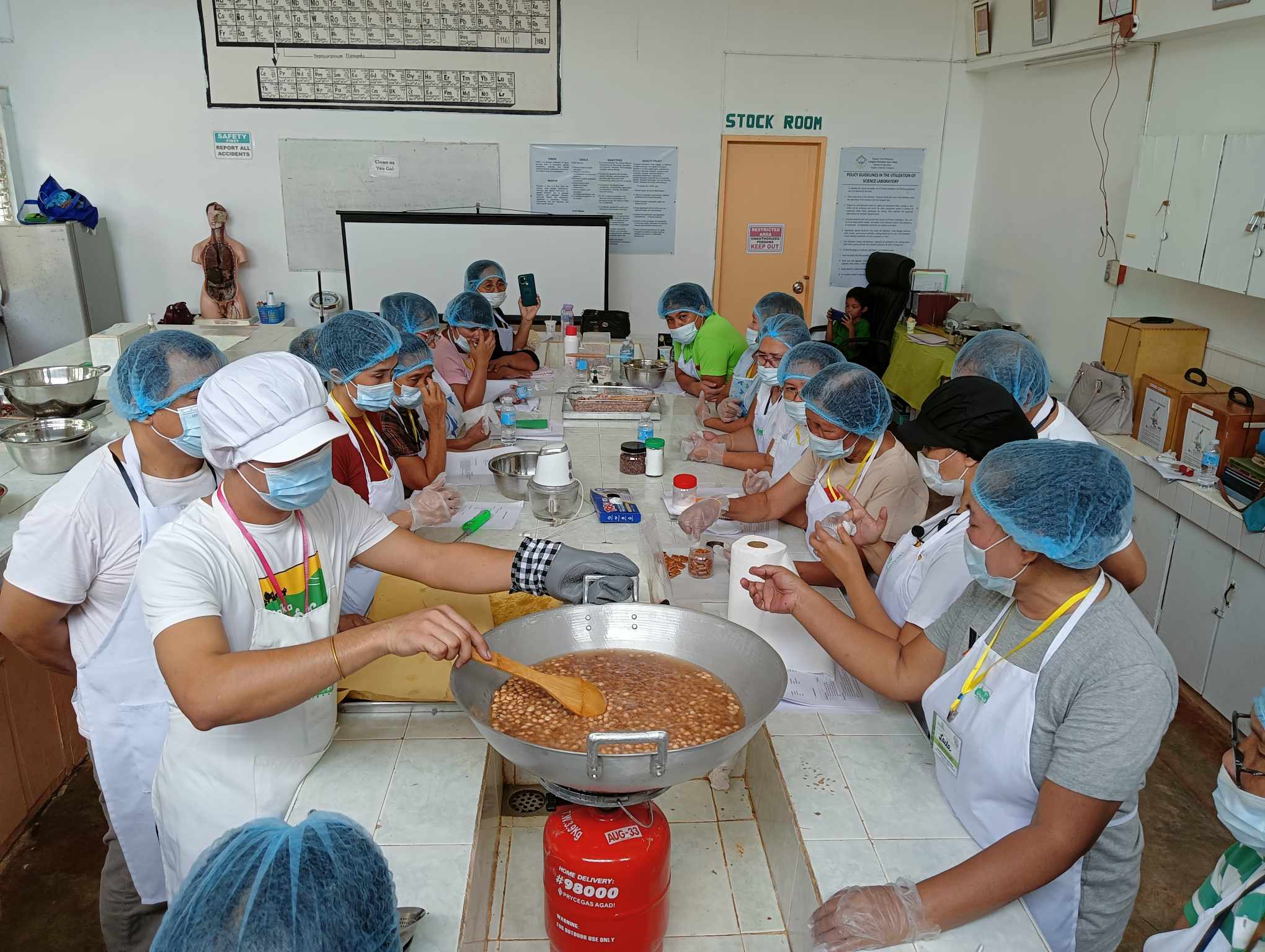
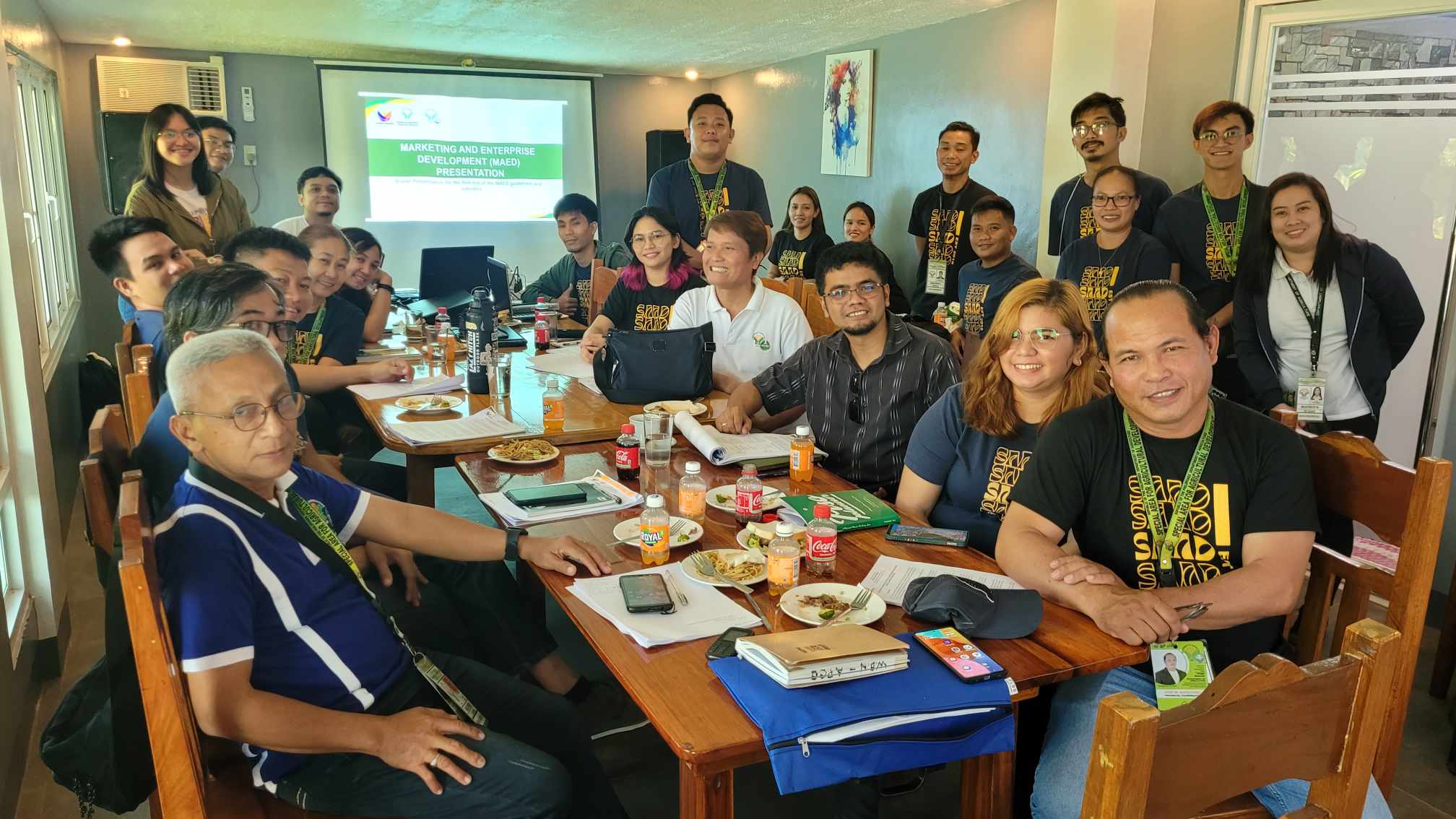
This Post Has 0 Comments